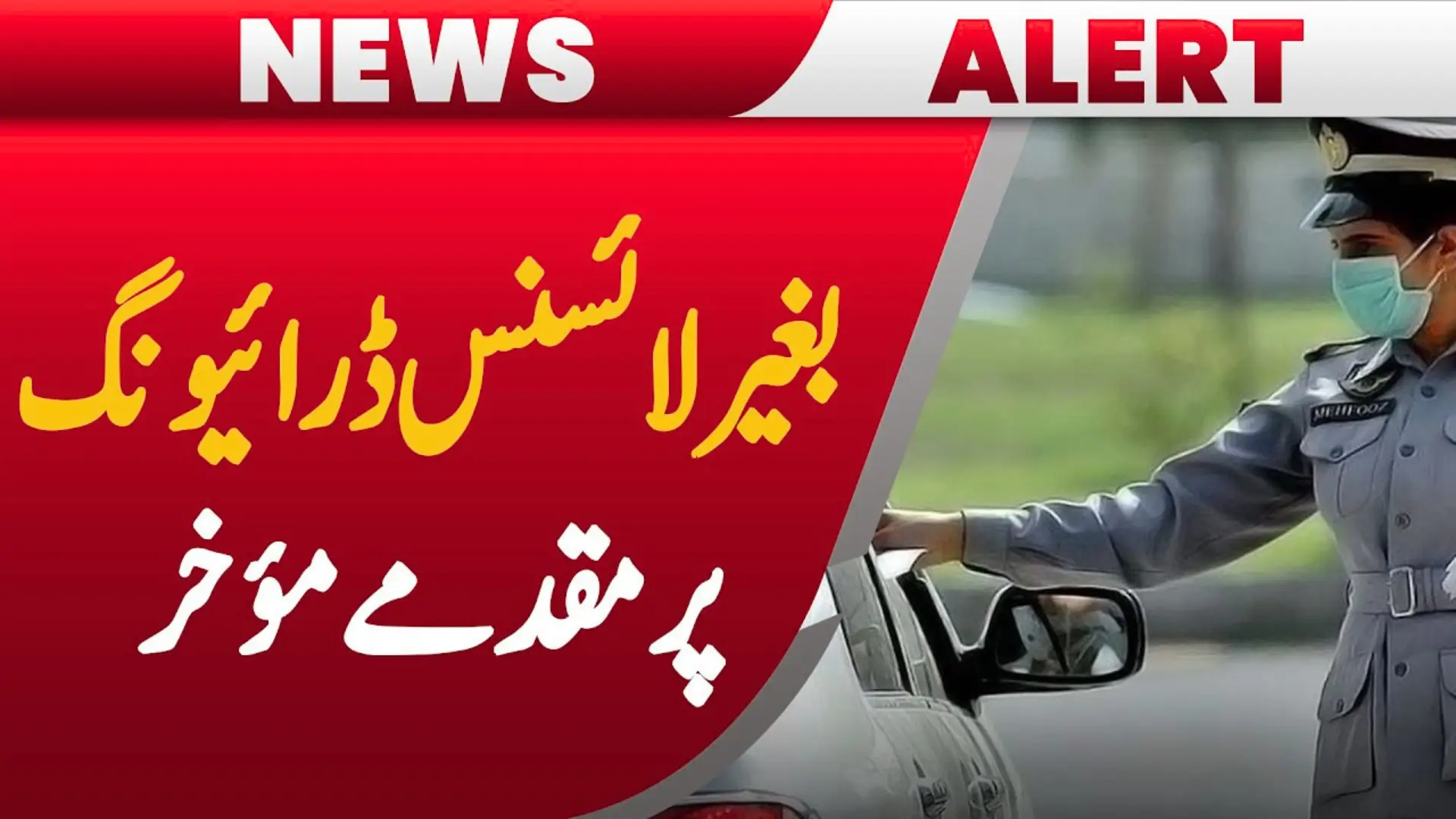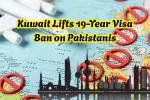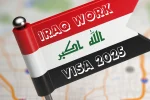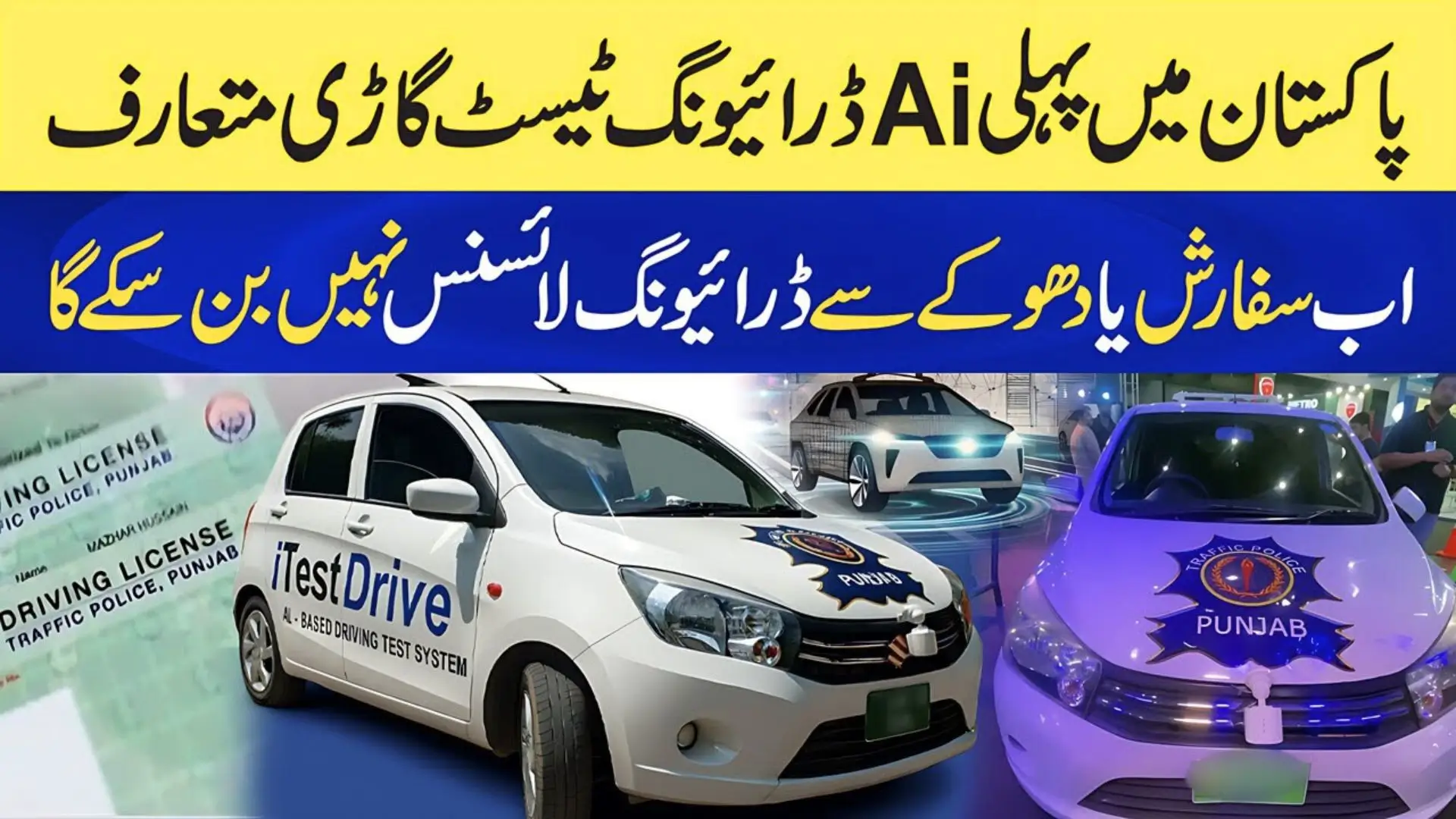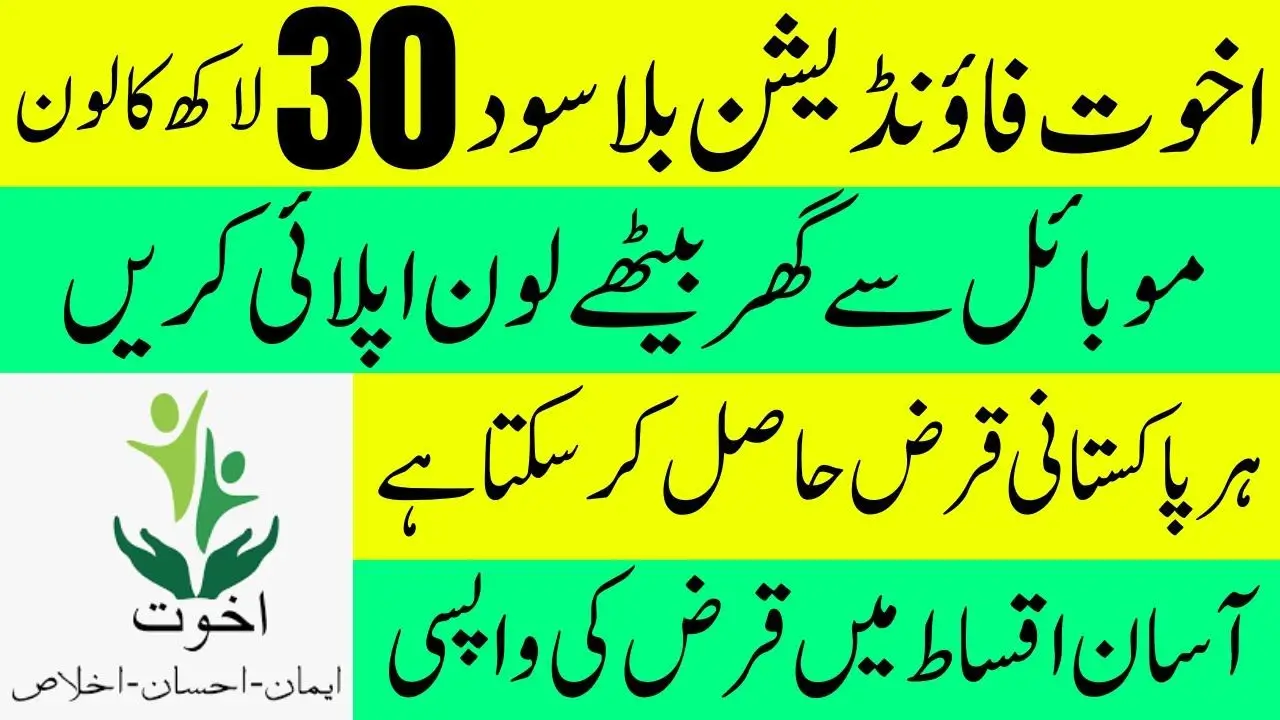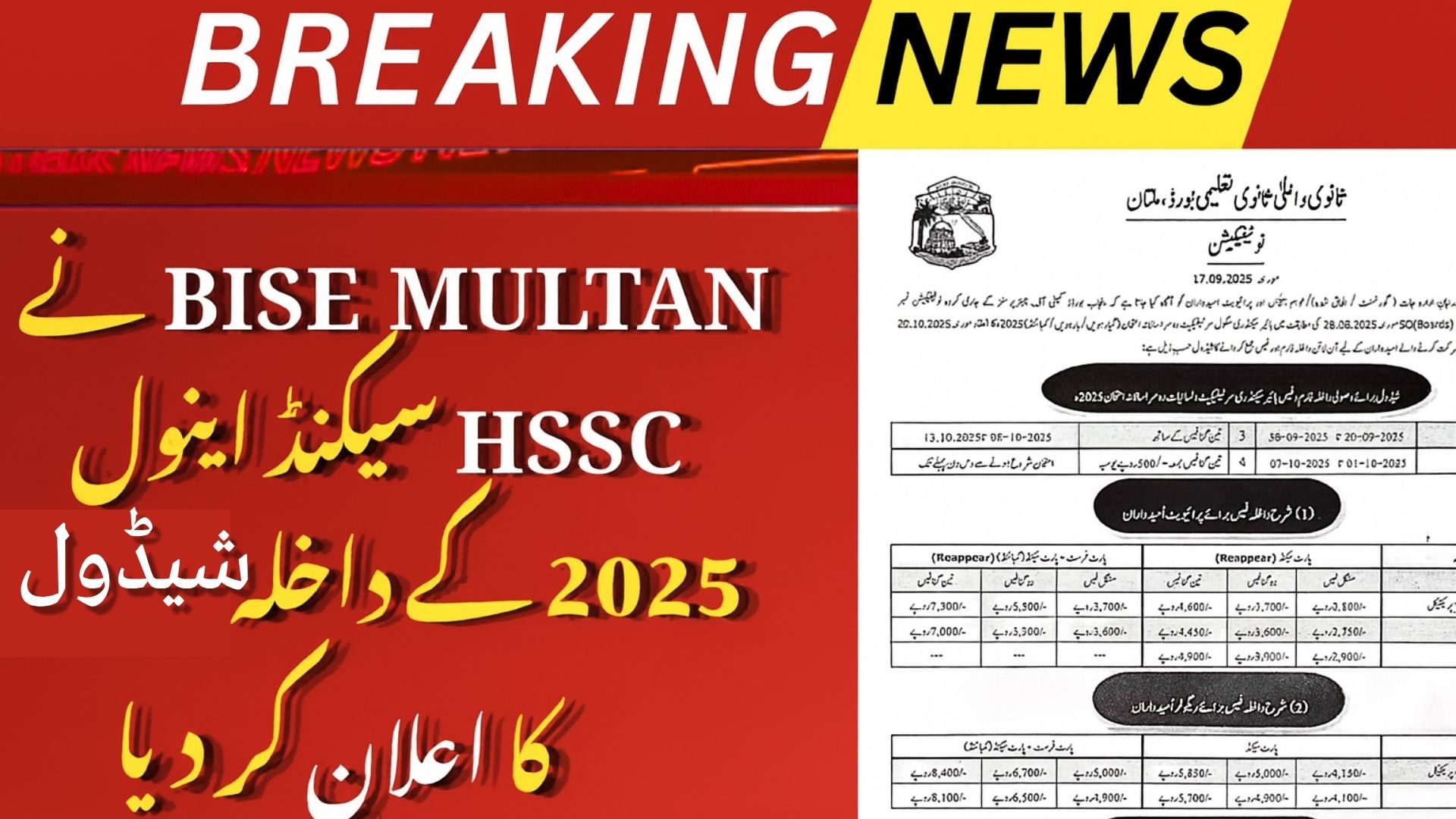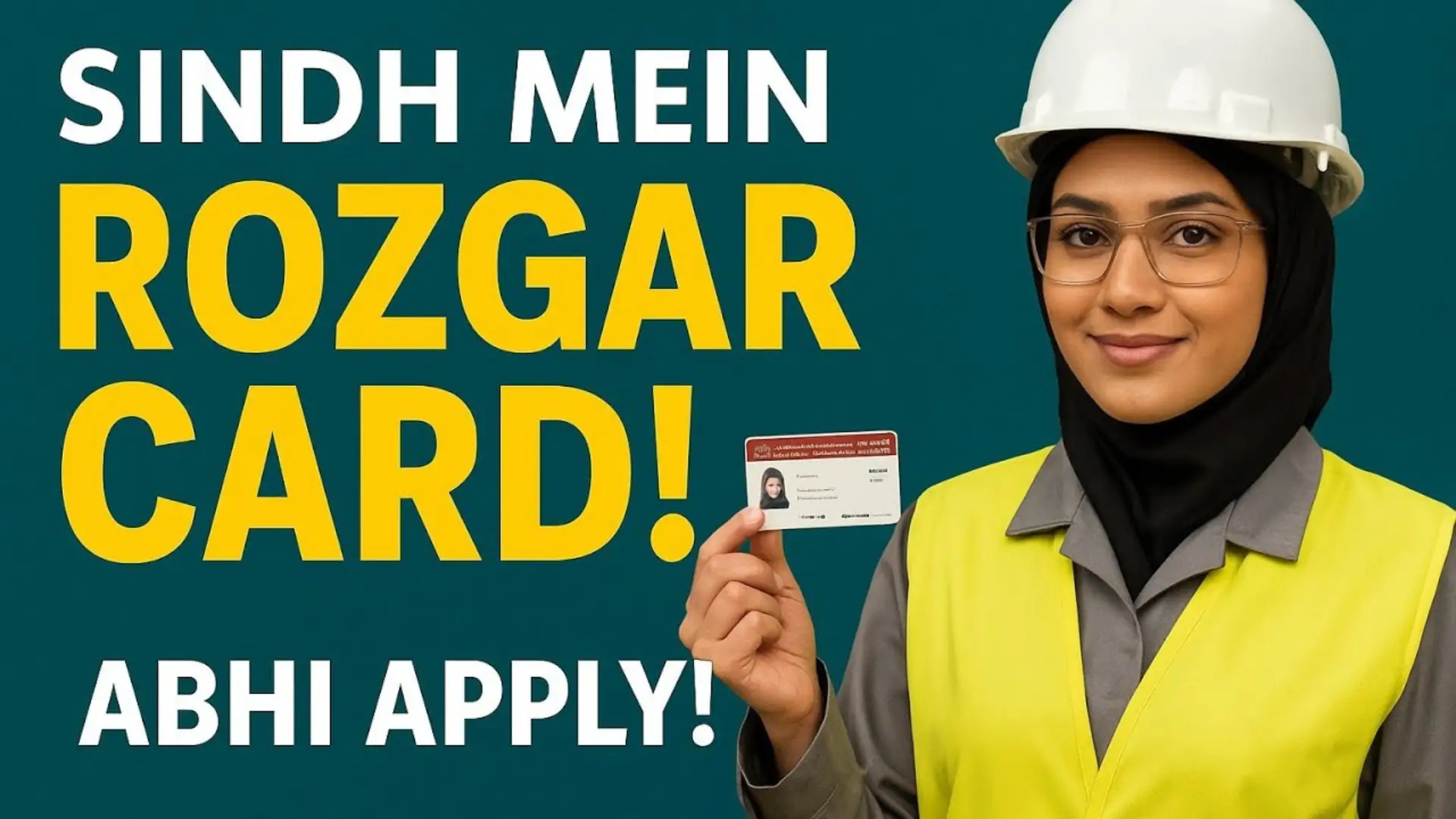IHC Clarifies Policy on Unlicensed Driving 2025 — Fine First, Arrest Later (Full Details). The Islamabad High Court (IHC) has issued a major clarification regarding the enforcement of driving without a license in the federal capital. According to the new directive, citizens will not be arrested or have their vehicles impounded on the first violation. Instead, they will be issued a warning and a fine, ensuring fair and reasonable enforcement of traffic laws.
This landmark decision is expected to bring relief to thousands of drivers and also improve transparency in Islamabad’s traffic management system.
No Immediate Arrests
The Islamabad High Court made it clear that drivers without a license must NOT be arrested or have their vehicles seized on the first violation. Traffic police should:
- Issue a warning
- Impose a fine
- Allow the driver to correct the violation
This clarification ends confusion about whether Islamabad police could lodge FIRs or make arrests without first issuing penalties.
Background of the Case
The case was initiated after a citizen petitioned the IHC, complaining that traffic officials were allegedly arresting people and confiscating vehicles for not carrying a valid driving license. The petitioner asked whether a new law had been secretly introduced and questioned the fairness of such strict actions.
The court took notice and sought an explanation from traffic authorities.
Chief Justice Sarfaraz Dogar’s Key Observations
During the hearing, Chief Justice Sarfaraz Dogar made several strong remarks:
- “No case should be immediately registered for not presenting a driving license.”
- Authorities must issue a fine first.
- Criminal charges for minor traffic violations are unfair and excessive.
- A case added to someone’s criminal record can affect a person’s future, so enforcement must be balanced and lawful.
The Chief Justice emphasized that the law does not allow abrupt arrests for such minor offenses.
CTO Islamabad’s Official Statement
The Chief Traffic Officer (CTO) Islamabad, Hamza Humayun, appeared before the court and clarified:
- No citizen has been arrested solely for not having a driving license.
- The department has enhanced the security features of the license system.
- Plans are underway to digitally integrate the Islamabad Traffic Police system with NADRA for instant verification.
This integration will eliminate the need for confiscation or arrests due to verification delays.
Court’s Recommendations on Fair Enforcement
To ensure justice and transparency, the Islamabad High Court recommended:
- Issue a warning + fine for the first violation.
- Avoid FIRs or arrests for first-time offenders.
- Take strict action only after repeated violations.
- Utilize NADRA digital verification to confirm identity and license status.
- Modernize the traffic system to reduce errors and misuse of authority.
These recommendations aim to establish a fair, technology-driven, and corruption-free traffic enforcement system.
Digital Verification & NADRA Integration
The IHC stressed that Pakistan must adopt technology to avoid unnecessary arrests. The court highlighted:
- NADRA already provides real-time verification through its app.
- A similar mechanism should be used for driving license verification.
CTO Islamabad confirmed that NADRA integration is already in progress. Once implemented, traffic officials will be able to:
- Verify driver identity
- Check license validity
- Confirm renewal status
All without detaining or harassing citizens
Final Verdict by the Islamabad High Court
The IHC concluded the case with firm orders:
- No immediate arrests for driving without a license.
- No FIRs or criminal cases for first-time violators.
- Fine first, arrest later only in case of repeated offenses.
- Digital verification systems must be introduced.
- The public must be educated about licensing requirements.
This decision ensures lawfulness, transparency, and easier verification for both citizens and authorities.
Latest Updates on the IHC Decision (2025)
Recent updates reaffirm:
- Traffic police cannot impound vehicles on first offense.
- FIRs are strictly prohibited for first-time violators.
- The new policy aims to create a fair, citizen-friendly traffic system.
- NADRA-linked verification will soon be implemented for error-free policing.
Conclusion
The Islamabad High Court’s ruling is a major step toward improving traffic law enforcement in Pakistan. By introducing a fine-first approach, ensuring no unjust arrests, and pushing for digital verification, the IHC has created a clearer, fairer system for both drivers and authorities.

